DCHS's Wildlife Center takes in over 3,800 ill, injured or orphaned wild animals every year with the goal of treating and releasing healthy animals back to their natural habitats. Volunteers help us with everything from direct animal care and answering phone calls to cage construction and maintenance. If working with wildlife interests you consider one of these positions.
Feb 27, 2019
Wildlife Center Volunteering: Behind the Scenes
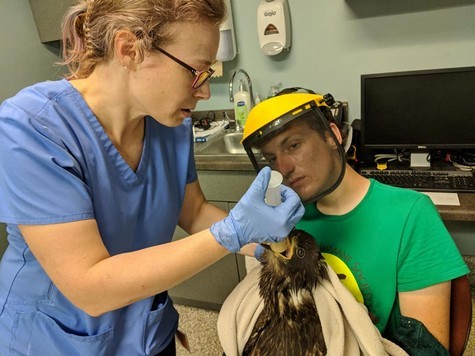
Have you ever wondered what our Wildlife Center Volunteers really do on a day-to-day basis? Learn more by watching the video below.
Next Story

Apr 10th, 2024
YOU Can Help Wildlife's Youngest Patients During Baby Shower Week
Thanks to a surprise $2,500 matching gift from Steve and Margie Holzheuter, you can DOUBLE your impact for baby wildlife when you give between now and Sunday April 21st!
Full StoryNext Story
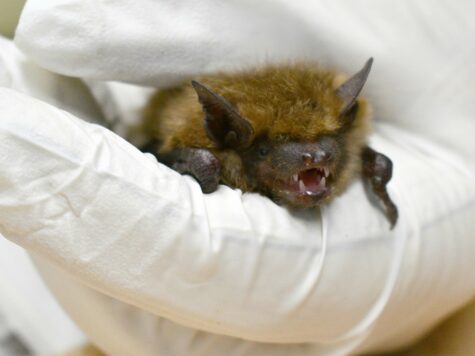
Apr 10th, 2024
Big Brown Bat Rises
A Big Brown Bat was near death when he arrived at DCHS's Wildlife Center earlier this year. After steady care from wildlife rehabilitators, this bat made an amazing transformation.
Full StoryNext Story
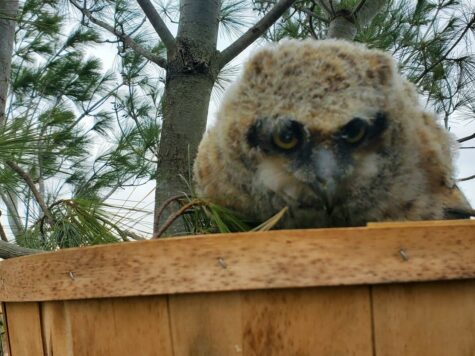
Apr 10th, 2024
Braving the Cold and Saving Babies
DCHS's Wildlife Center admitted its first baby wild animals of the season. Read more to learn about what it takes to care for the youngest members of the wildlife kingdom.
Full StoryNext Story
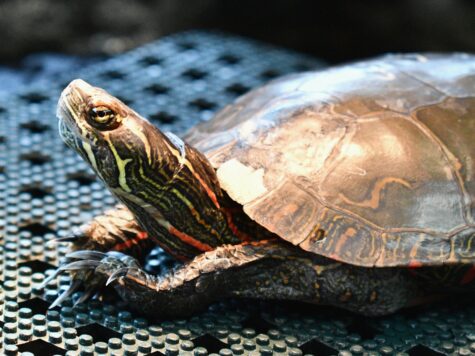
Apr 10th, 2024
The Reptile Recovery Center at DCHS's Wildlife Center
DCHS’s Wildlife Center has been housing five patients in our Reptile Recovery Center (the RRC) since this past winter. Let's learn more about them.
Full StoryNext Story
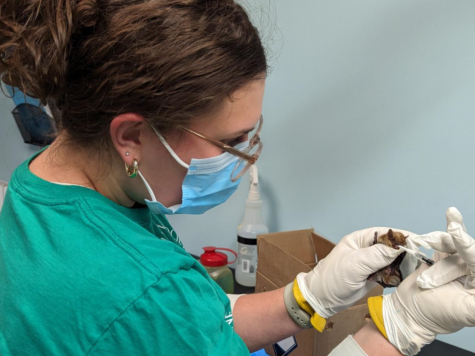
Apr 10th, 2024
Intern Q&A: What Inspired You to Apply for This Wildlife Internship?
We asked DCHS's Wildlife Center Spring interns: what inspired you to apply for this wildlife internship and what are you hoping to learn? Below are their answers.
Full StoryNext Story

Mar 20th, 2024
Donut Defies Distemper
During Toto's Gala on March 15, 2024, we shared the story of Donut and his three siblings, who became sick with distemper, a deadly virus.
Full Story